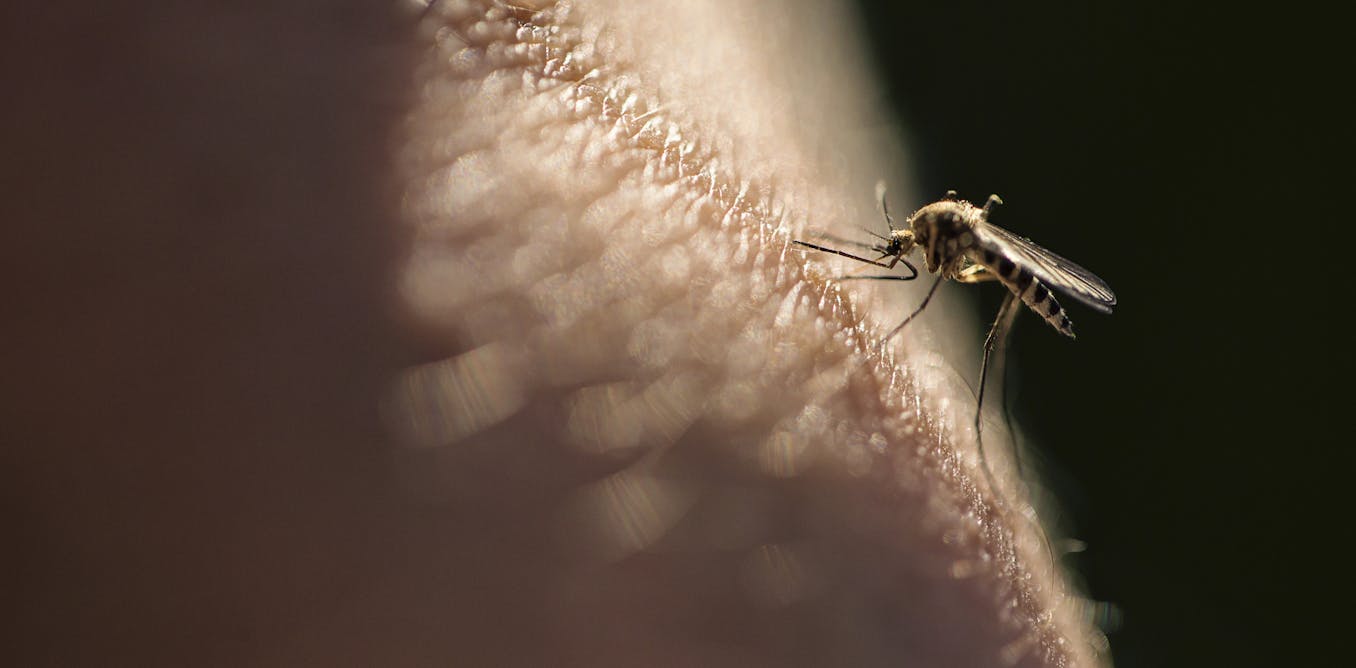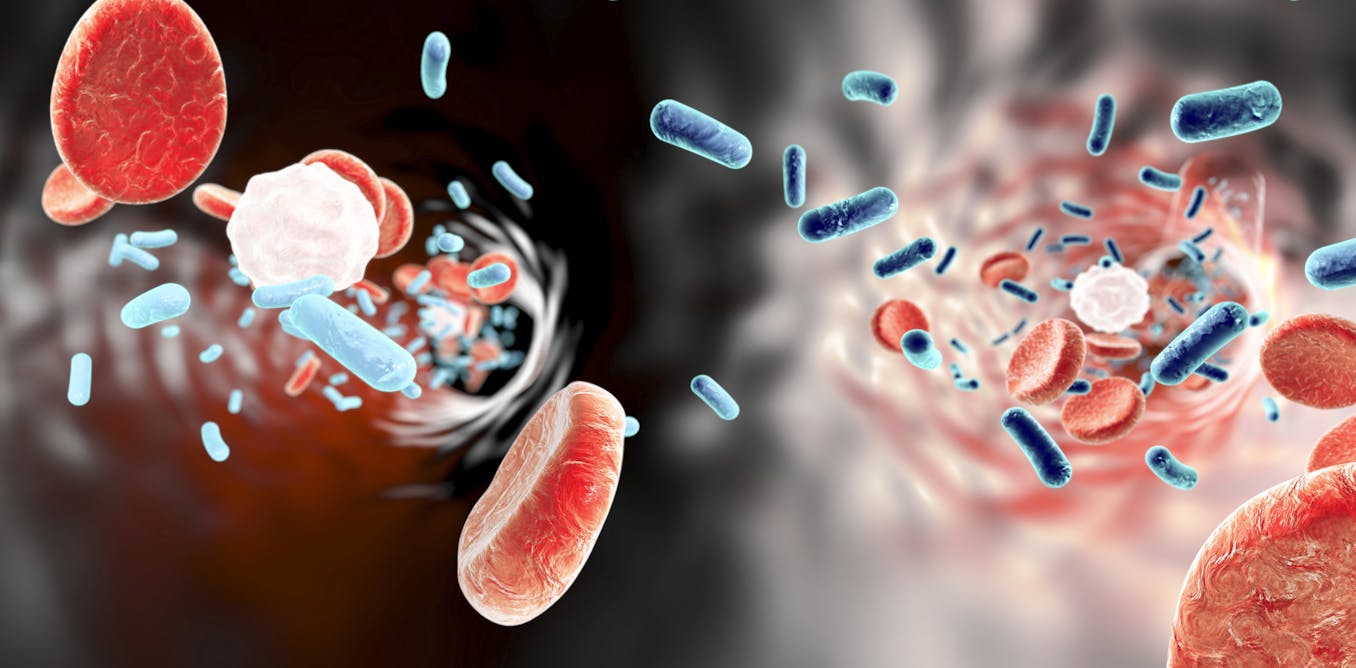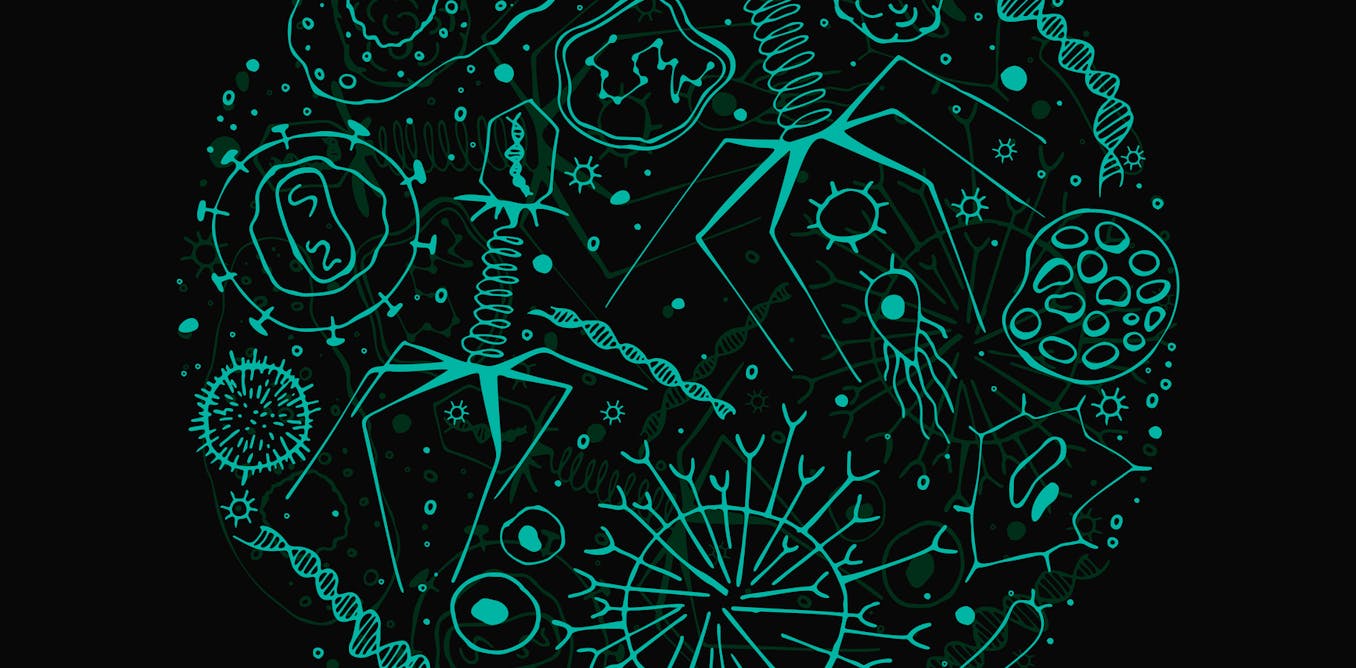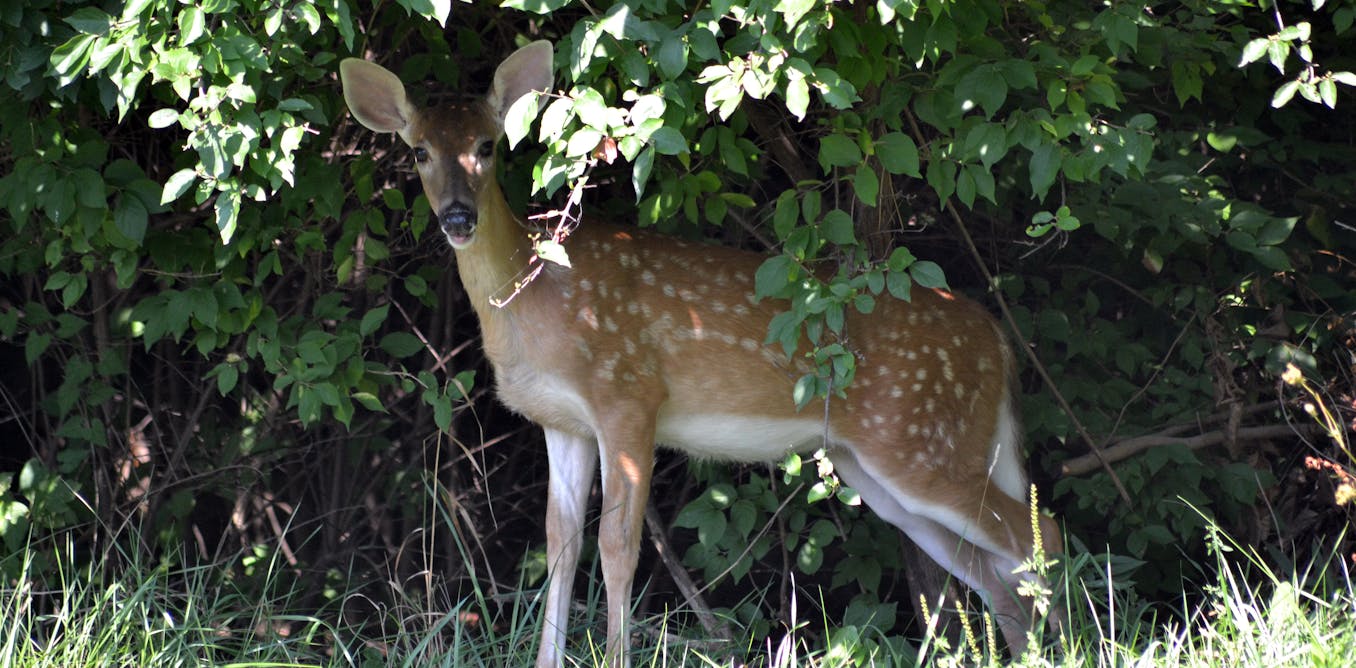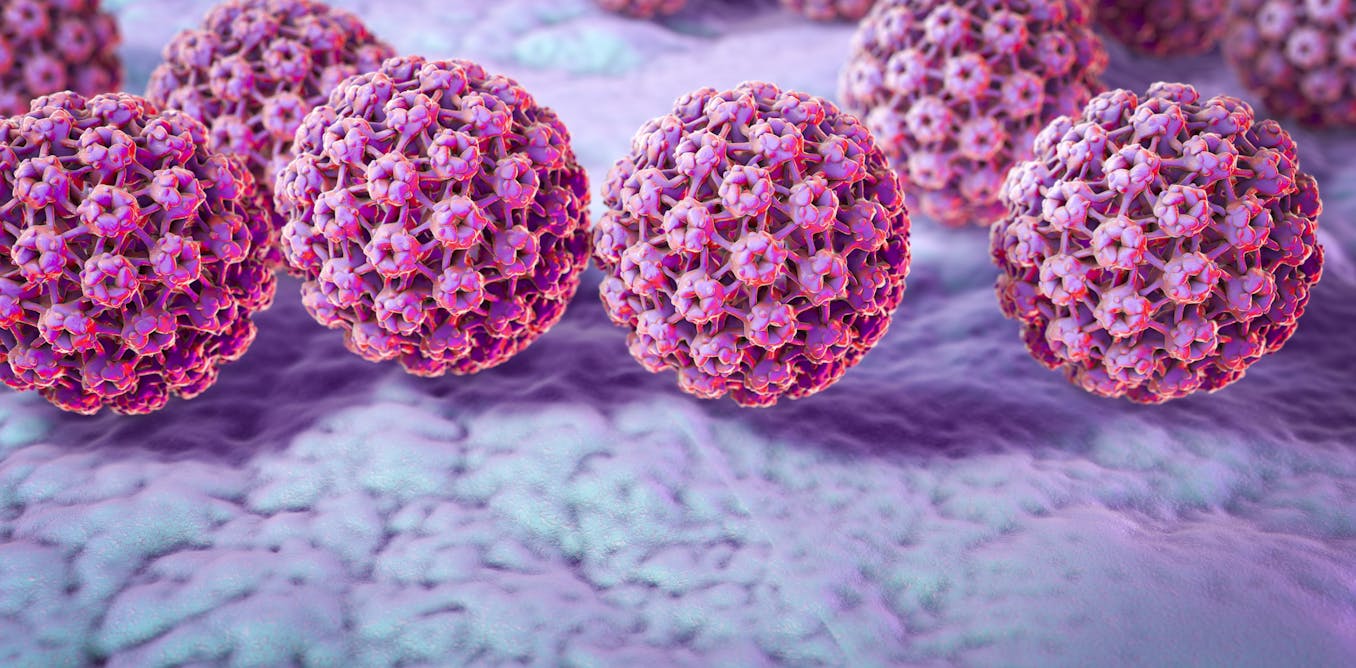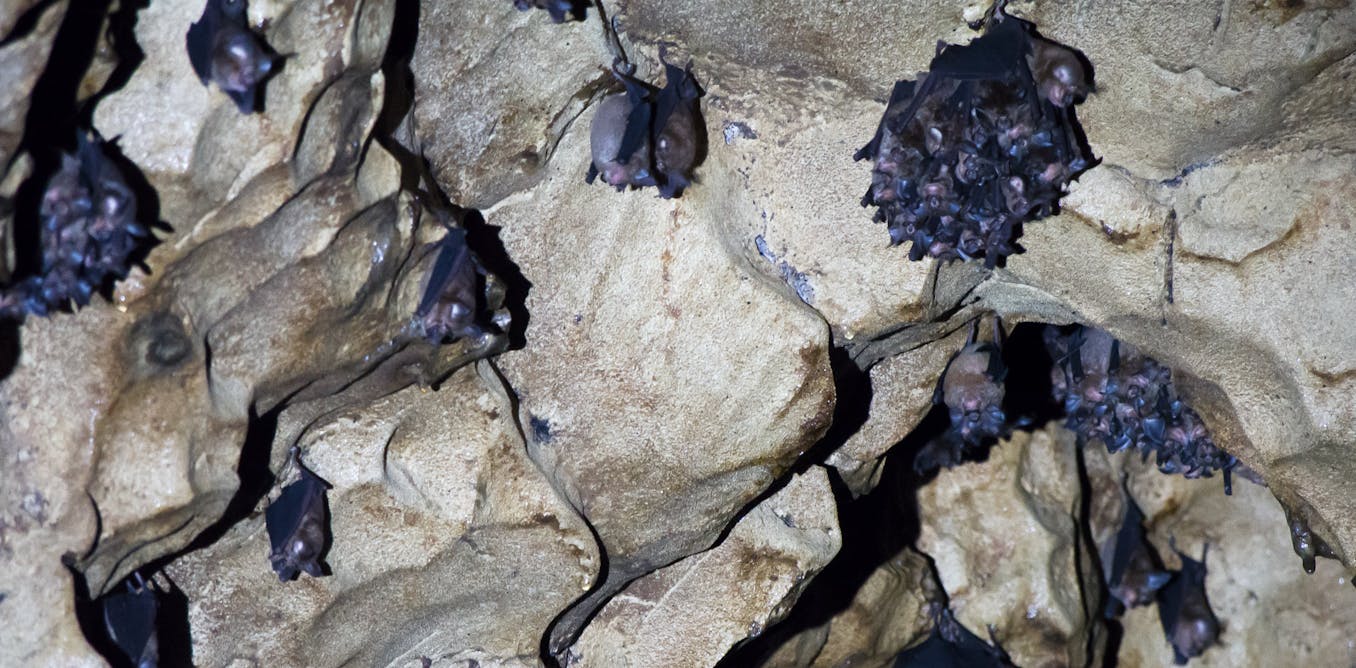Viruses can change your scent to make you more attractive to mosquitoes, new research in mice finds
Certain viruses like dengue and Zika can make their hosts smell tastier to mosquitoes. Luckily, vitamin A and its derivatives may help combat these odor changes.
June 30, 2022 • ~9 min

